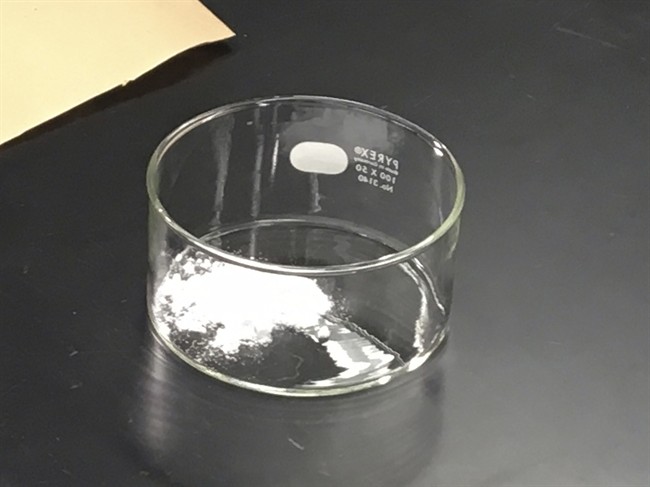As politicians, health authorities and first responders try to get a handle on Alberta’s opioid crisis, new figures released by the province show there was a significant uptick in the number of carfentanil deaths in 2017 from the year before.

An interim report released on Friday says accidental drug poisoning deaths related to carfentanil rose to 125 in 2017, up from 29 the year before — an increase of 330 per cent.
The report says the “majority of new cases (are) occurring in the Calgary zone.”
In 2016, a health official told Global News carfentanil is a synthetic opioid that — depending on the drug’s purity — can be 100 times more potent than fentanyl, 10,000 times more potent than morphine and 4,000 times more potent than heroin.
READ MORE: Opioid-related deaths continue to soar in Alberta, up 40% over last year
Watch below: On Nov. 27, 2017, Quinn Ohler filed this report about Alberta’s opioid crisis.

“Carfentanil is an analogue of fentanyl with an analgesic potency 10,000 times that of morphine and is used in veterinary practice to immobilize certain large animals,” the U.S. Drug Enforcement Administration says on its website.
Fentanyl-related deaths were also on the rise in Alberta in 2017. The report released on Friday found that from Jan. 1 to Nov. 11, 2017, 462 people died of an apparent accidental drug poisoning related to fentanyl, compared to 293 people in the same period in 2016.
“In 2017, there are now on average, 1.5 apparent accidental drug poisoning deaths related to fentanyl per day, compared to one death per day in 2016,” the report reads.
The report includes a disclaimer pointing out certification of deaths can take six months or more, so the mortality data is “subject to change.”
- Shoppers faces proposed class action over claims company is ‘abusive’ to pharmacists
- Most Canadian youth visit dentists, but lack of insurance a barrier
- ‘Bacterial vampirism’: Deadly pathogens attracted to human blood, study finds
- Landmark smoking ban that would phase out sales passes U.K. parliament
In December, the federal government’s special advisory committee on the opioid epidemic said based on available data from 10 provinces and the territories, at least 1,460 people died in the first half of 2017.
“Tragically, if current trends continue, we may see more than 4,000 deaths in 2017,” the committee wrote on Dec. 18, 2017.
READ MORE: Canada on track to see over 4,000 opioid-related deaths in 2017: advisory committee
Just last week, the Alberta College of Physicians and Surgeons published a letter about the opioid crisis which suggested doctors helped create the crisis and now need to help solve it.
“Over-prescribing of opioid painkillers contributed to the crisis, in part because physicians were told to treat pain more aggressively, and that opioids were a safe way to do it,” the open letter reads.
READ MORE: Alberta college says doctors helped create opioid crisis and must help solve it
Watch below: On Jan. 11, 2018, Vinesh Pratap filed this report about the Alberta College of Physicians and Surgeons speaking out on the growing opioid crisis with an editorial on its website.

-With files from Emily Mertz, Carmen Chai and Monique Scotti




Comments